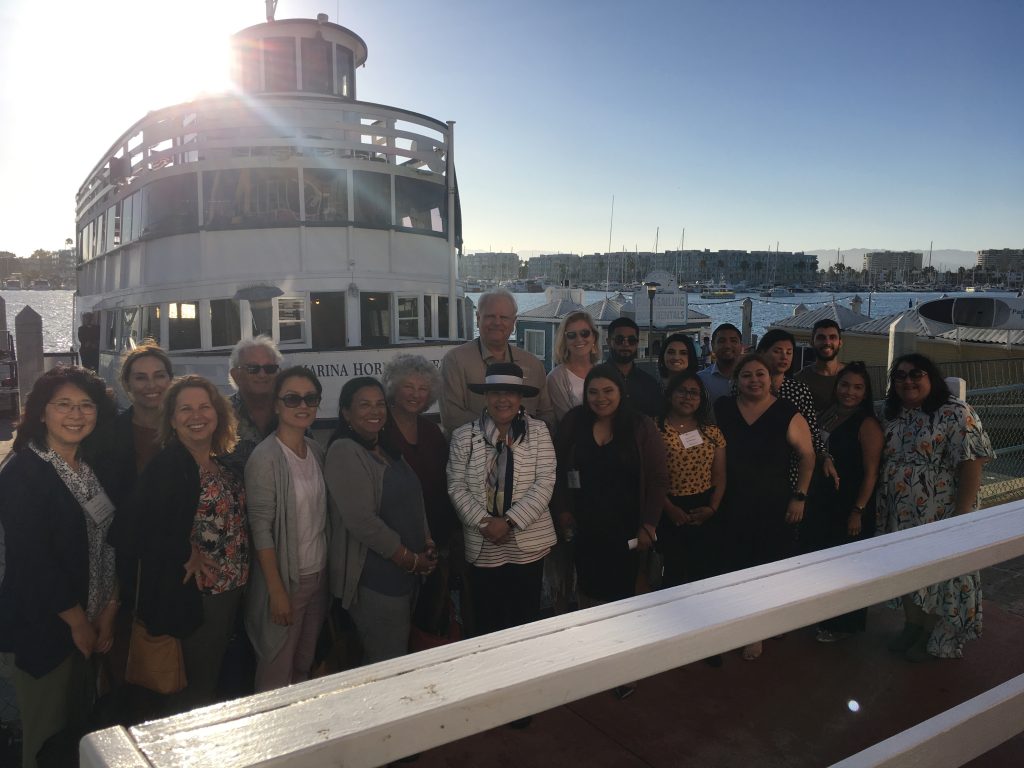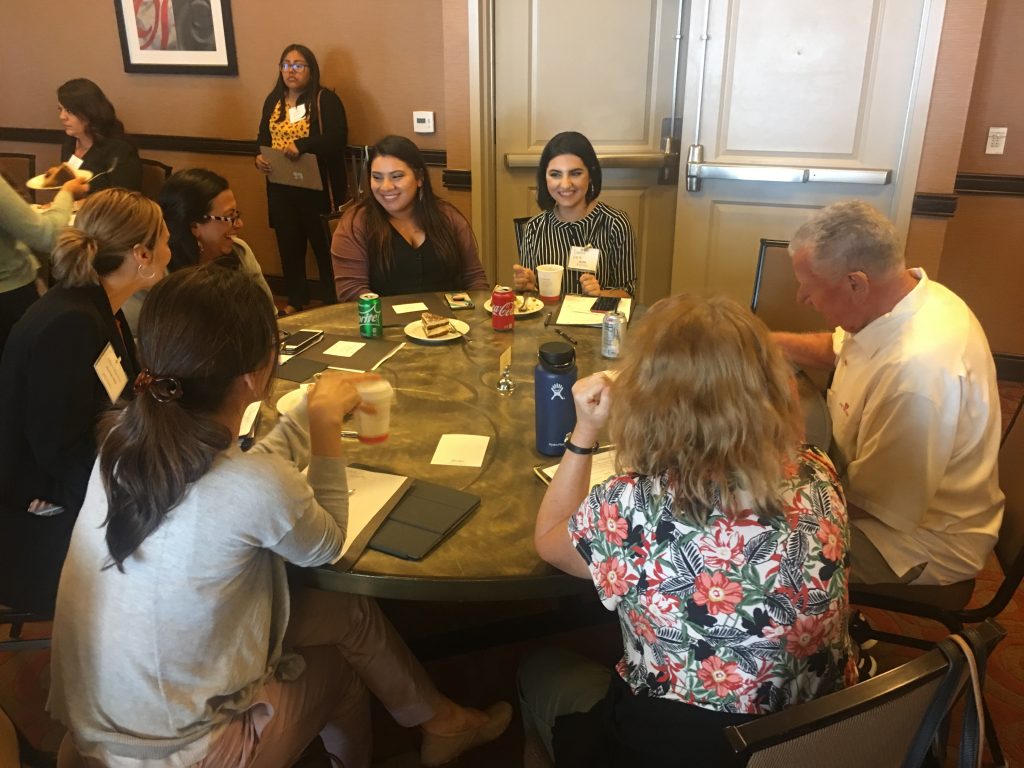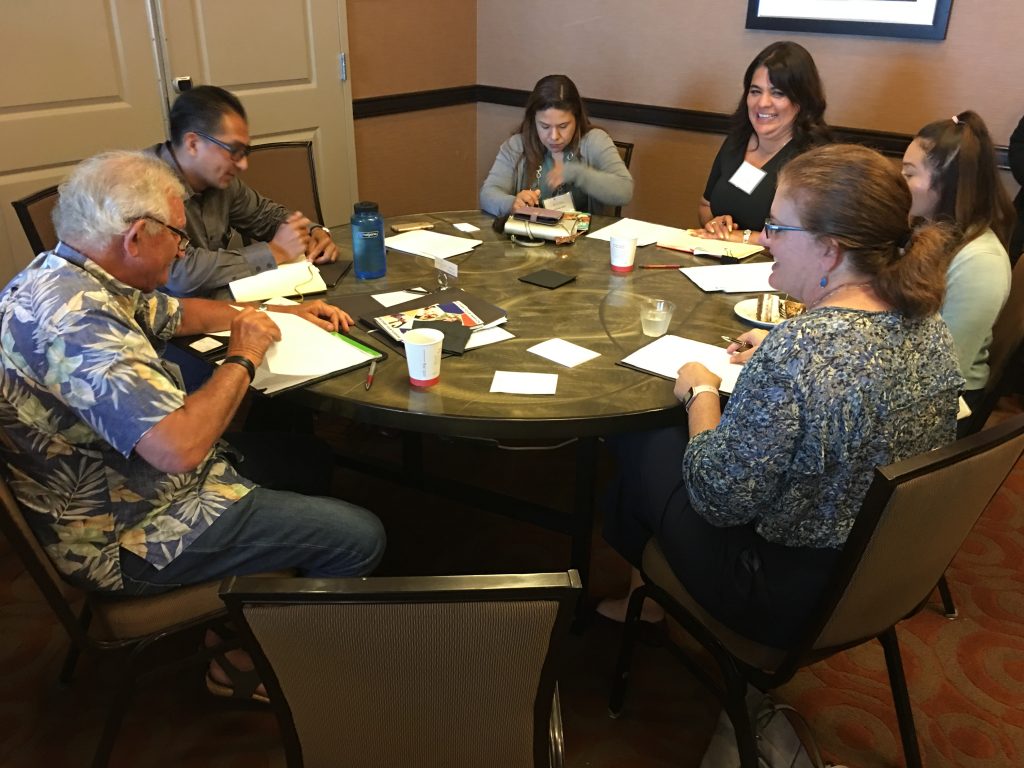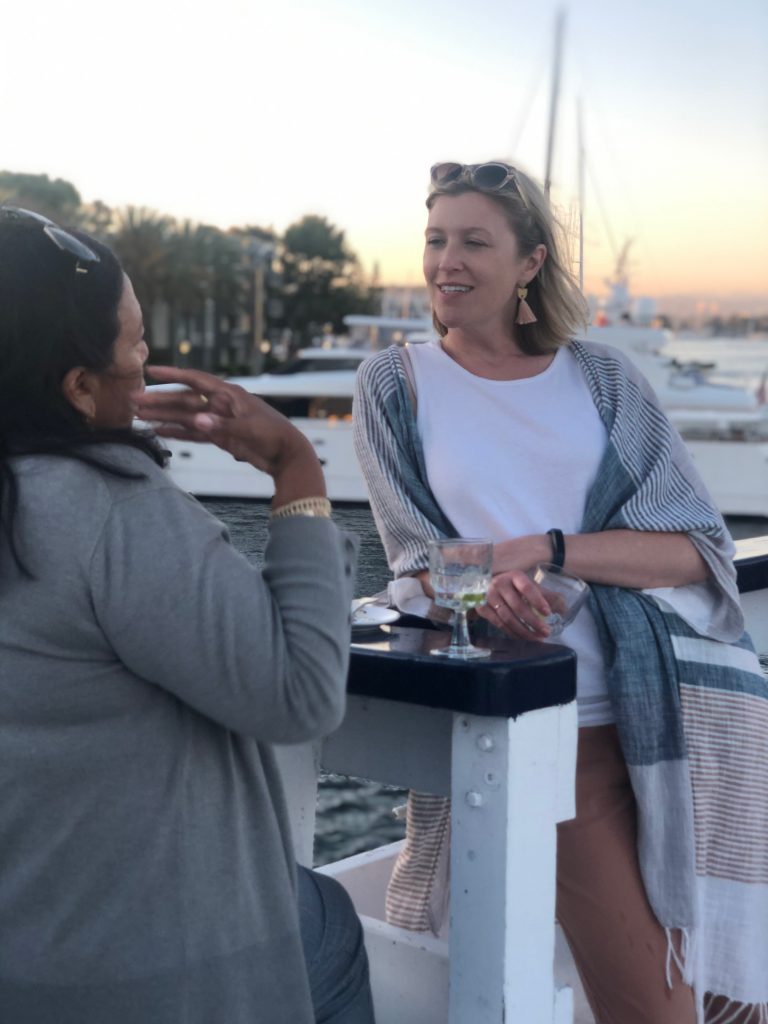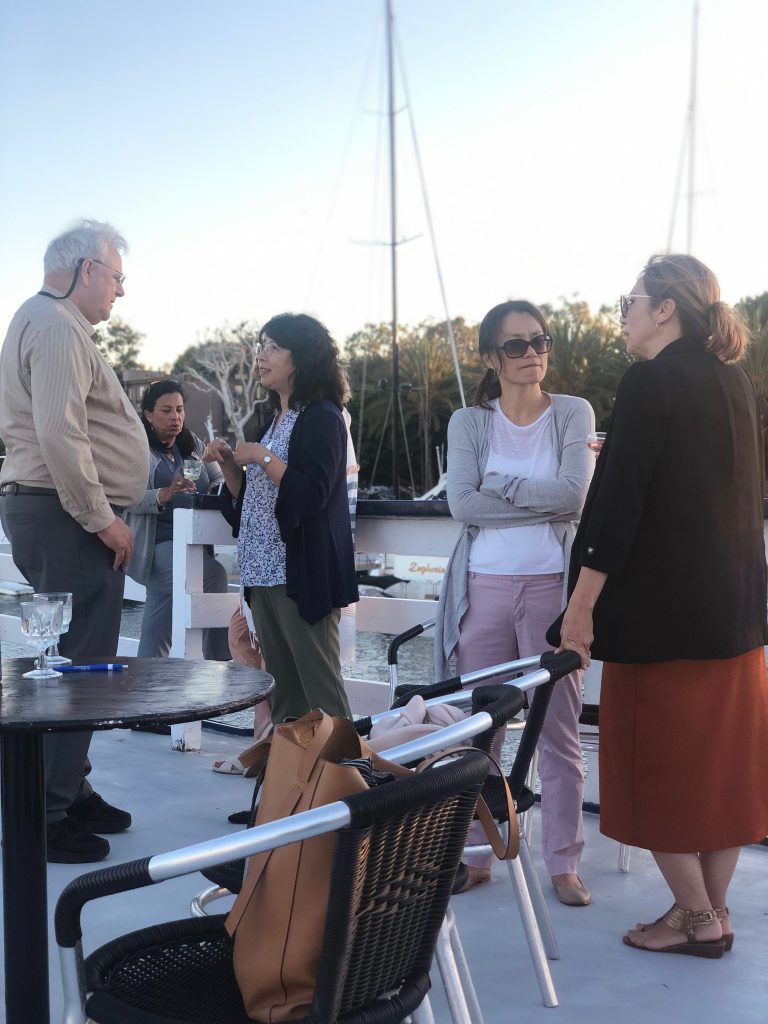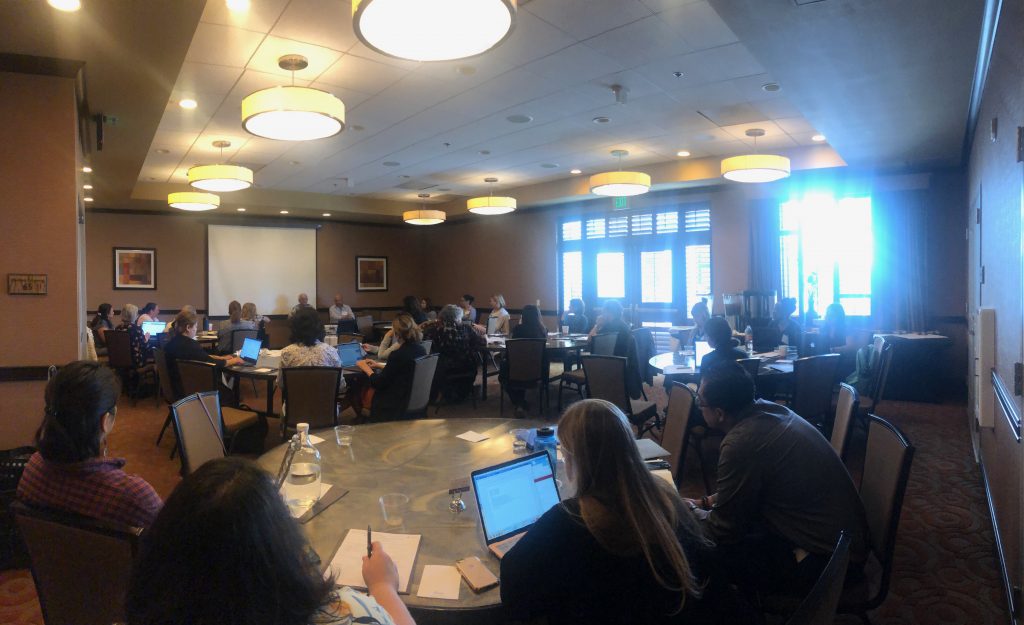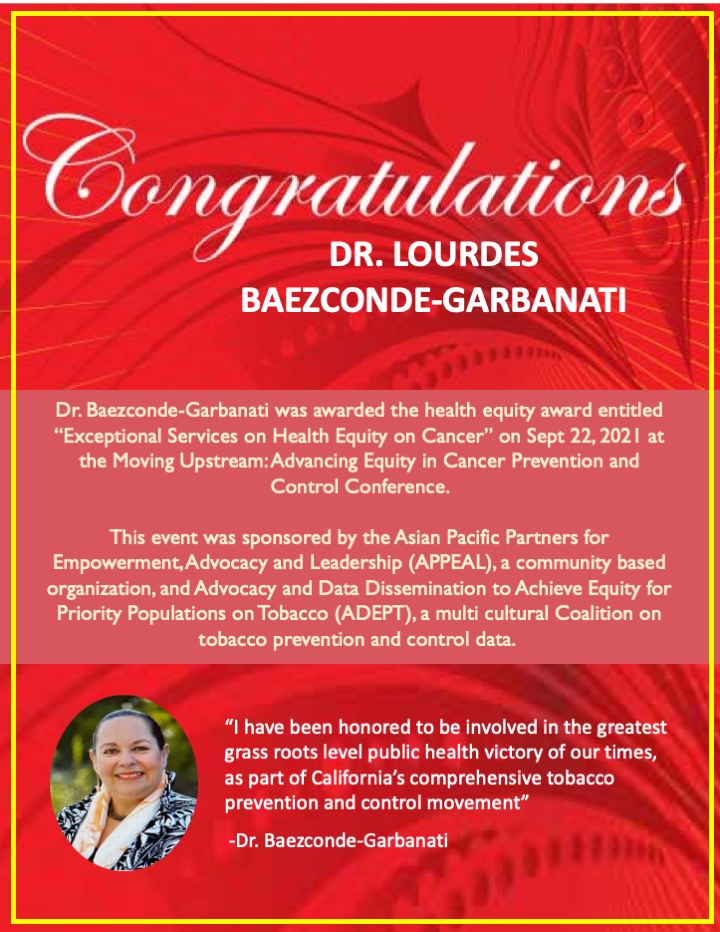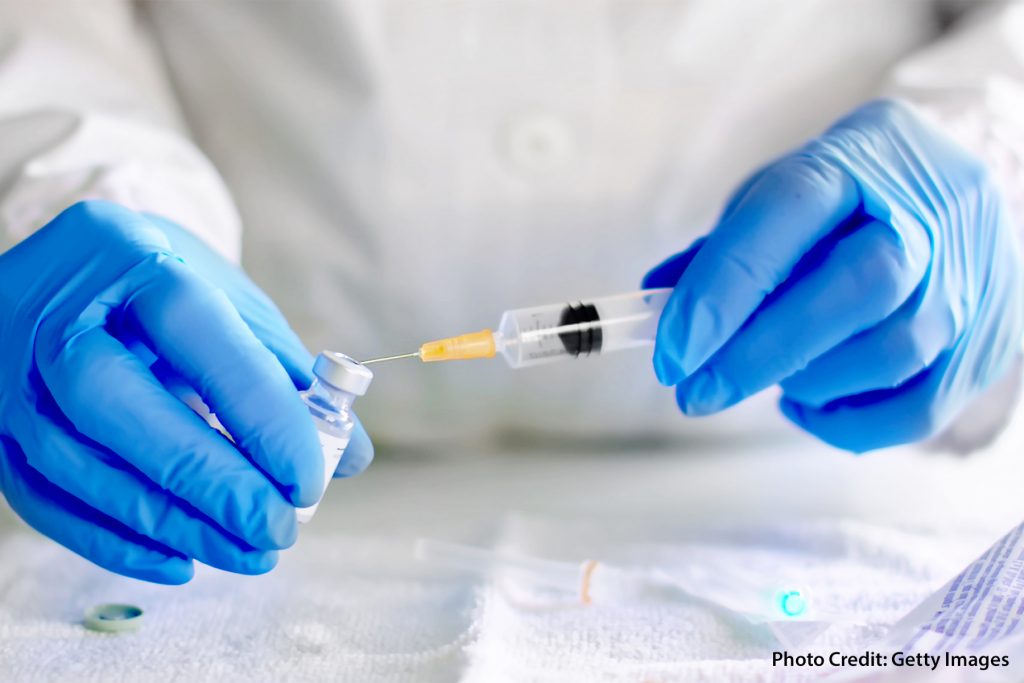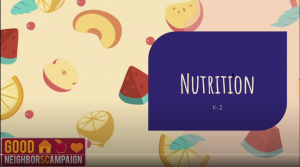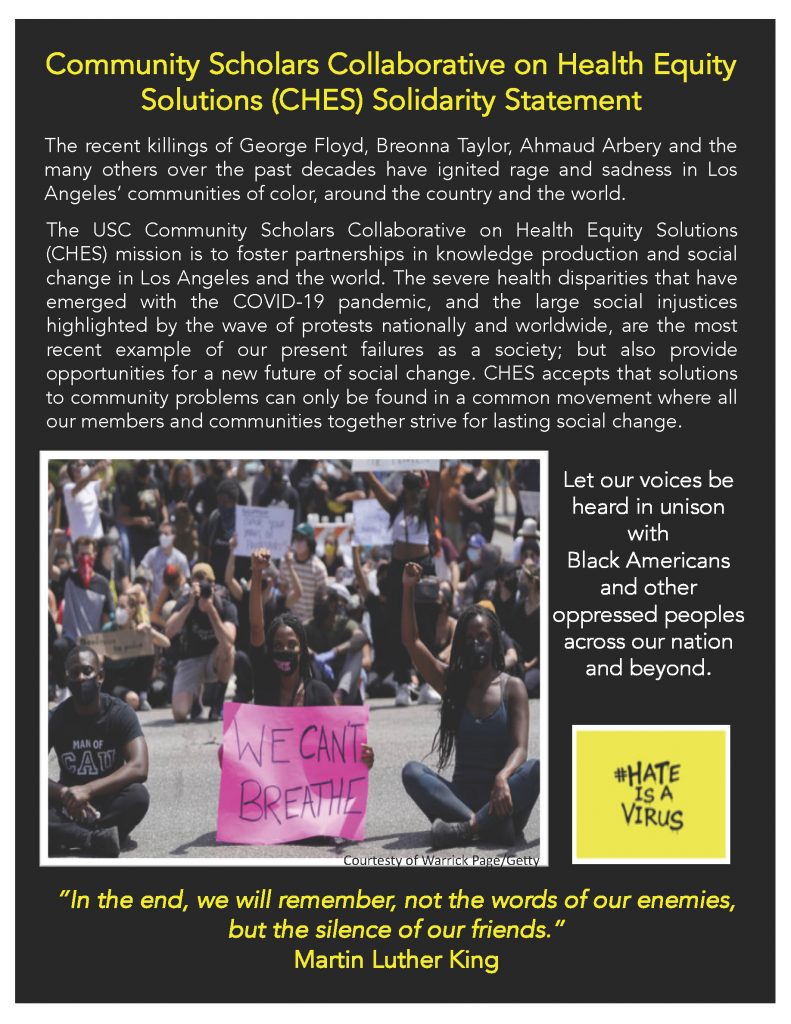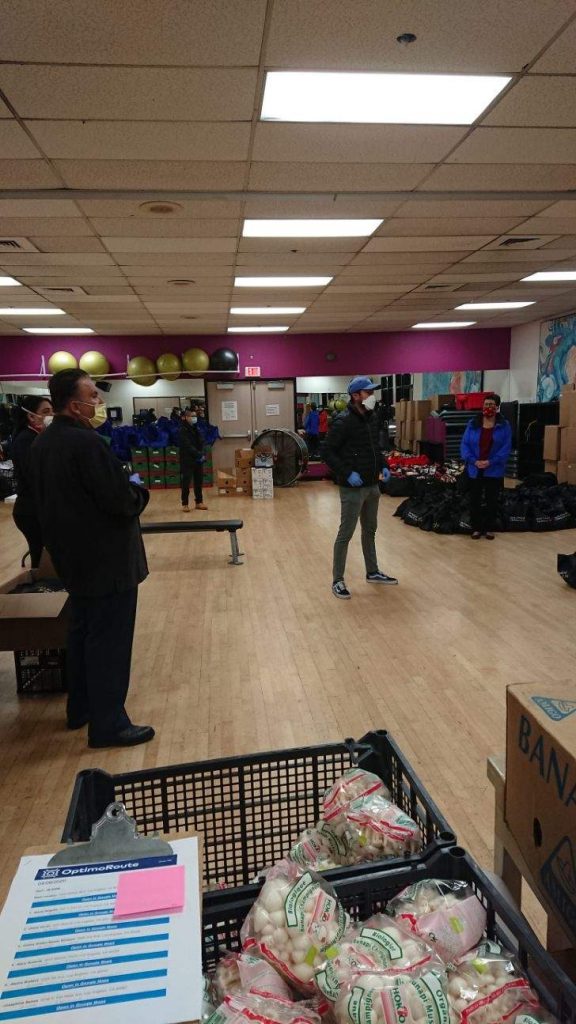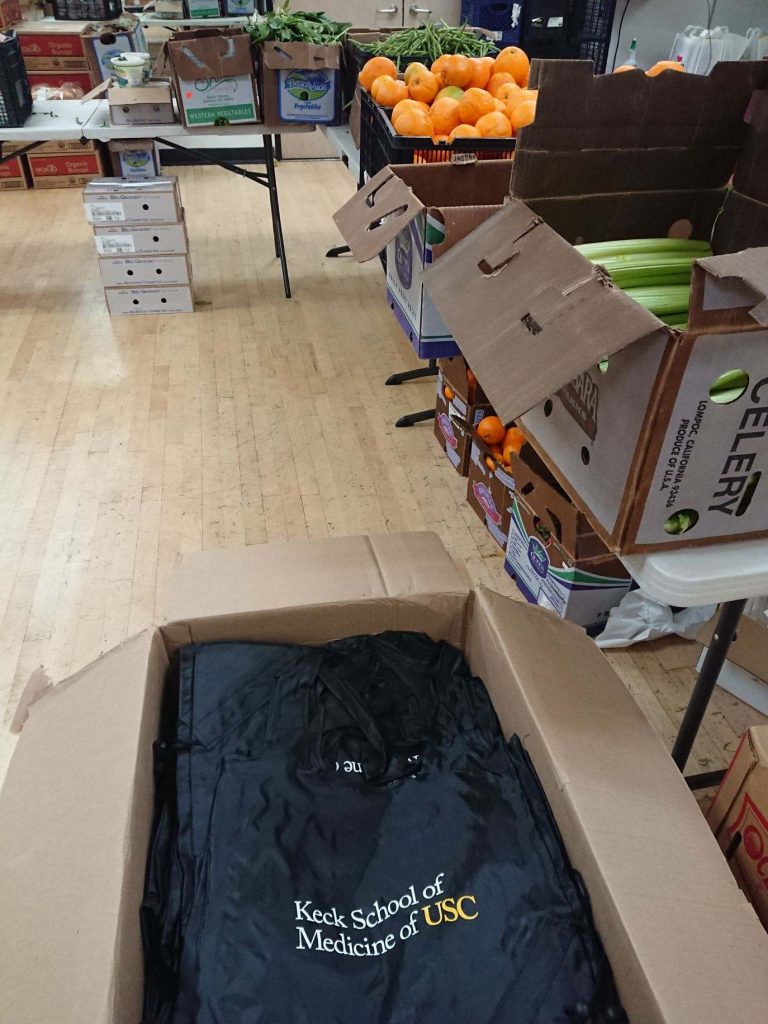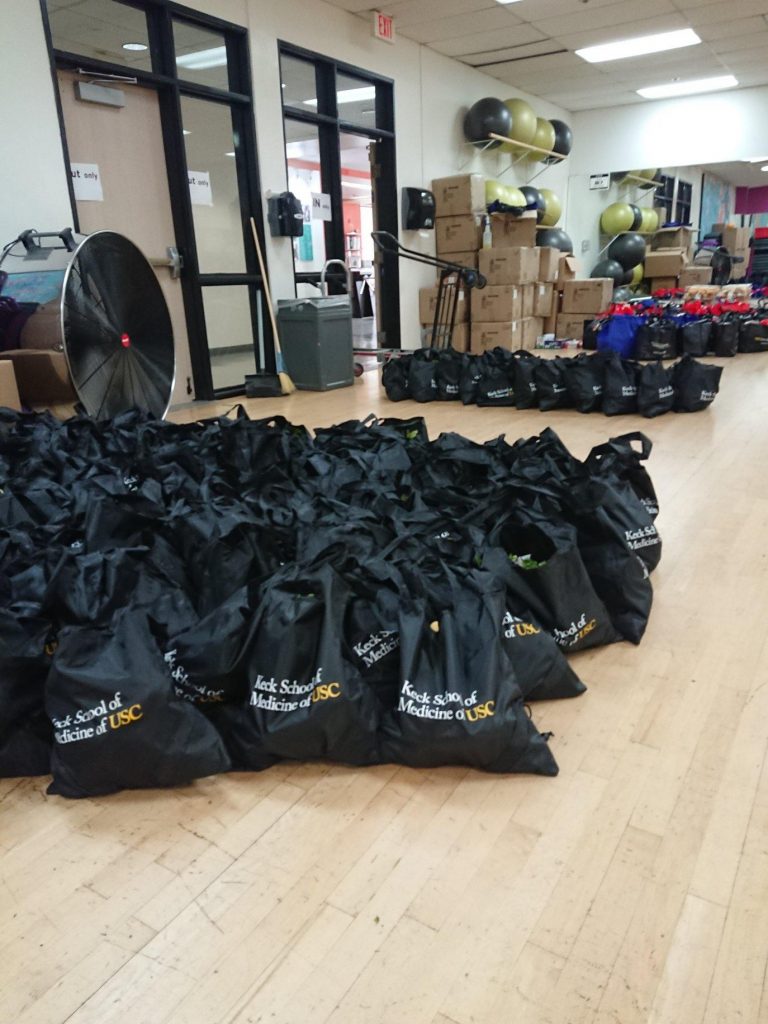August 22,2014
Three documentaries reveal the challenges faced by Trojans and their families
A new mini-documentary series highlighting immigrant families’ experiences and health challenges puts faces and stories to under-studied health issues.
Produced by the USC Immigrant Health Initiative (iHi) and the USC School of Cinematic Arts, the three short films illustrate the interplay between immigration, culture and health, exposing health challenges among racially and ethnically diverse immigrants in America. The films aim to raise awareness and discuss health issues, needs and intervention strategies among communities.
“We hope these films serve to start the conversation about immigrant health and take advantage of the population resources in Southern California to build unique academic programs at USC,” said Lihua Liu, assistant professor of clinical preventive medicine, who initiated and led the iHi for the past three years.
Spirit and survival
In Home Away From Home, USC alum Mimi Bitew’s mother, Yitaish Ayalneh, recalls growing up on a farm in Ethiopia eating natural foods and getting regular physical exercise.
Now living in Los Angeles with her husband and children, Ayalneh notes marked lifestyle differences, including eating fast food and having to make time to stay active. Living with high blood pressure, she strives to be a good role model for her children, teaching them family values, maintaining tradition and cooking healthful meals in her household.
A Son’s Survival explores the ripple effect that illness had for one Korean-American family. Dae Jae Kim, the father of USC student Joan Kim, is living with liver cirrhosis, diabetes, high blood pressure and stomach ulcers. In the film, the father shares the challenges he faces with doctor-patient communication, health insurance and working to establish a new life in America, while taking care of his parents and his own family.
The third film, A Family’s Spirit, follows Carmen Lopez, a Mexican-American salon owner and mother concerned about the health of herself and children. After her father’s death due to diabetes, her own experience with the disease during pregnancy and her son’s obesity diagnosis, she said she had an “awakening.”
Despite the challenges of making time to cook and finding healthful food in her neighborhood markets, she’s confident about the lifestyle changes her family is making.
“It’s going to take a while,” she says. “But together as a family — slowly, but surely — we’ll get there.”
Overlooked and understudied
Immigrant health has been an overlooked and understudied area of public health, according to Liu.
“Understanding the impact of immigration and acculturation on the health of immigrants can provide important information on environmental and behavioral factors on disease development and prevention,” she said. “Immigrants’ health affects not only themselves and their immediate families, but also their communities and the society as a whole.”
The films, publicly available at the iHi website, were directed by recent USC School of Cinematic Arts graduates Lori Webster, Jin Yoo-Kim and Melanie D’Andrea, and they were produced by SCA faculty member Lisa Leeman. SCA Professor Doe Mayer, holder of the Mary Pickford Chair of Film & Television Production and iHi member, served as executive producer. SCA alumni Daniel Bydlowski, Ruben Contreras, Charles Leisenring and Reese Robinson; SCA students Osahon Tongo and Chiung-wen Chang also contributed to the production.
Besides Liu, critical guidance on the development of the project and its themes was provided by iHi members Lourdes Baezconde-Garbanati, associate professor in preventive medicine and sociology; and Lawrence Palinkas, professor of social work, anthropology and preventive medicine and the current iHi principal investigator.
The iHi is spearheaded by experts in eight USC schools and has been supported by the USC Collaboration Fund since 2011. In addition to leading health programs and research, the group hosts an annual public seminar series to explore all facets of immigrant health.
By Larissa Puro
